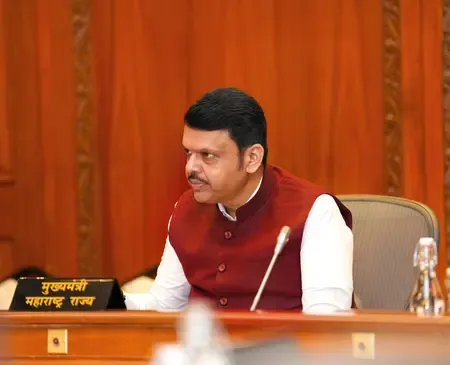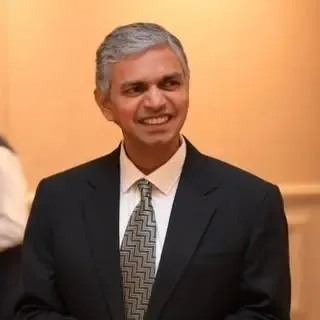Has the Maha government approved a GCC policy to create 4 lakh high-skilled jobs?

Synopsis
Key Takeaways
- Creation of 4 lakh high-skilled jobs
- Establishment of 400 Global Capability Centres
- Focus on tier-2 and tier-3 cities
- Comprehensive financial incentives
- Formation of Maharashtra GCC Growth Council
Mumbai, Sep 30 (NationPress) The Maharashtra Cabinet, under the leadership of Chief Minister Devendra Fadnavis, has officially sanctioned the Global Capability Centre (GCC) policy aimed at positioning the state as a premier GCC hub nationally, capitalizing on its rich industrial diversity, financial prowess, and technological advancements.
This pioneering policy seeks to launch 400 new GCCs and generate four lakh high-skilled jobs by aligning industry-driven educational programs, promoting innovative research, and enhancing the workforce's digital and technical capabilities.
The initiative is designed to encourage research led by GCCs, attract foreign investments that are high in value and knowledge, and develop world-class business districts alongside a robust digital data repository.
A significant focus is placed on uplifting tier-2 and tier-3 cities like Nashik, Nagpur, and Chhatrapati Sambhajinagar, transforming them into vital economic zones and supporting balanced, technology-driven development.
This policy will be effective for a duration of five years (until Financial Year 2029-30) from its notification date or until a new policy is enacted.
The state government plans to establish dedicated GCC parks featuring state-of-the-art infrastructure, walk-to-work designs, and ready-to-use office spaces.
Additionally, it aims to foster cluster development, particularly for specialized GCC units, within flagship programs such as Innovation City and Maharashtra Global Med Zone.
Financial incentives include a one-time capital subsidy of Rs 10 crore for small units with Rs 50 crore investment, Rs 20 crore for medium units with investments between Rs 100 and 250 crore, and Rs 50 crore for large units with investments between Rs 250 and 300 crore.
Further, a five-year interest subsidy of Rs 25 crore per unit, an annual power tariff subsidy of Rs 20 lakh per unit, payroll subsidies of up to Rs 50,000 for three years for 100 employees per GCC, and stamp duty exemptions are also on offer.
The state government will additionally provide exemptions from electricity duty and reimbursement for rent, green certifications, patent filings, and research and development grants.
Non-fiscal incentives will include granting industry status, additional floor space index with premium concessions, critical infrastructure funding, zoning relaxations, single-window clearances, approvals for rights of way, open access, and additional amenities.
In line with the policy, the Maharashtra GCC Growth Council will be established to function as a holistic think-tank and advisory entity, ensuring alignment with regional economic goals, global business trends, and industry-specific workforce needs.
To guarantee effective implementation, 1% of the total policy budget, capped at Rs 10 crore annually, will be allocated for policy promotion, capacity building, stakeholder engagement, and impact assessment.









